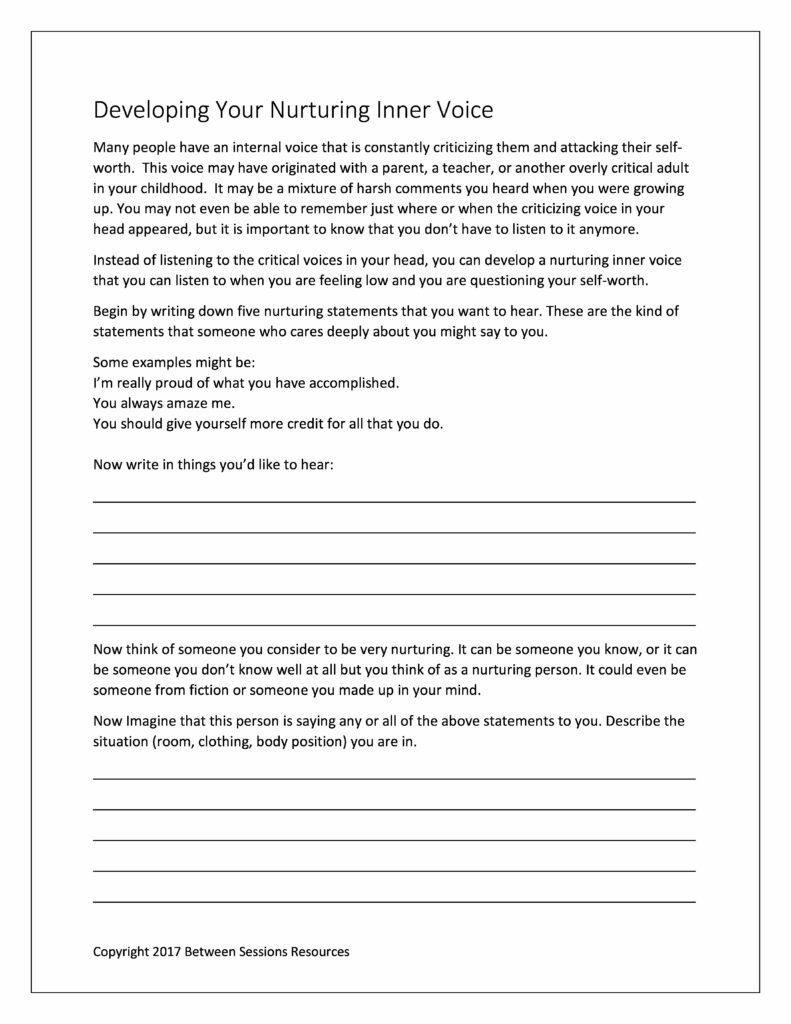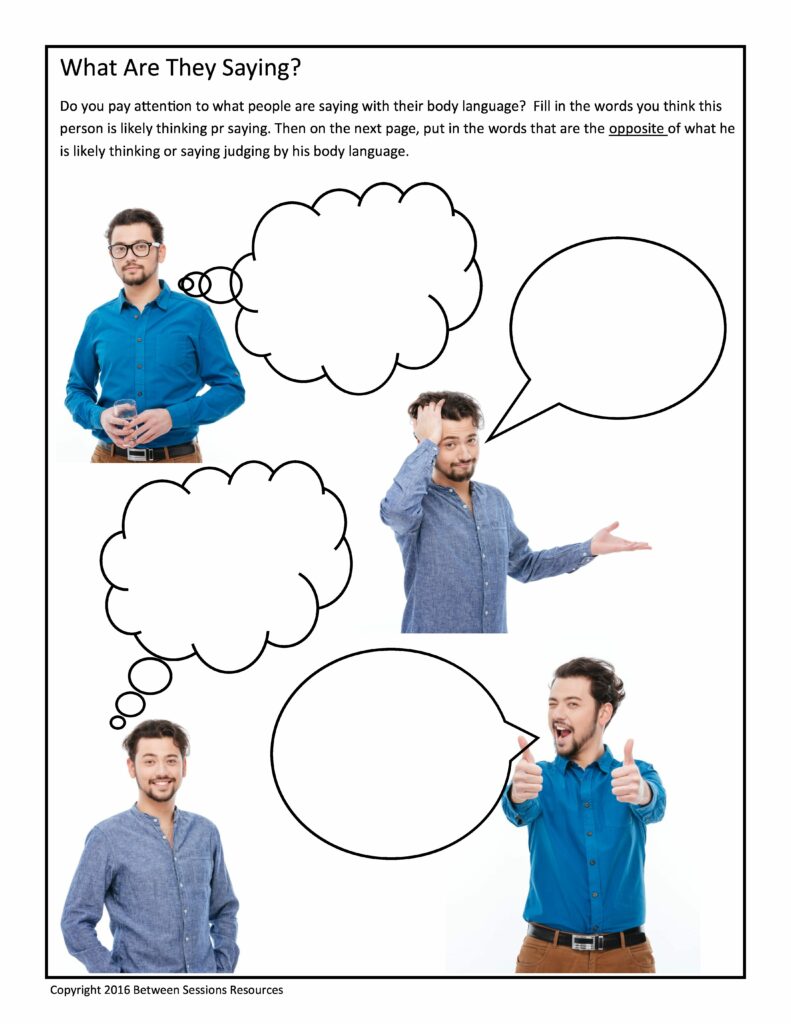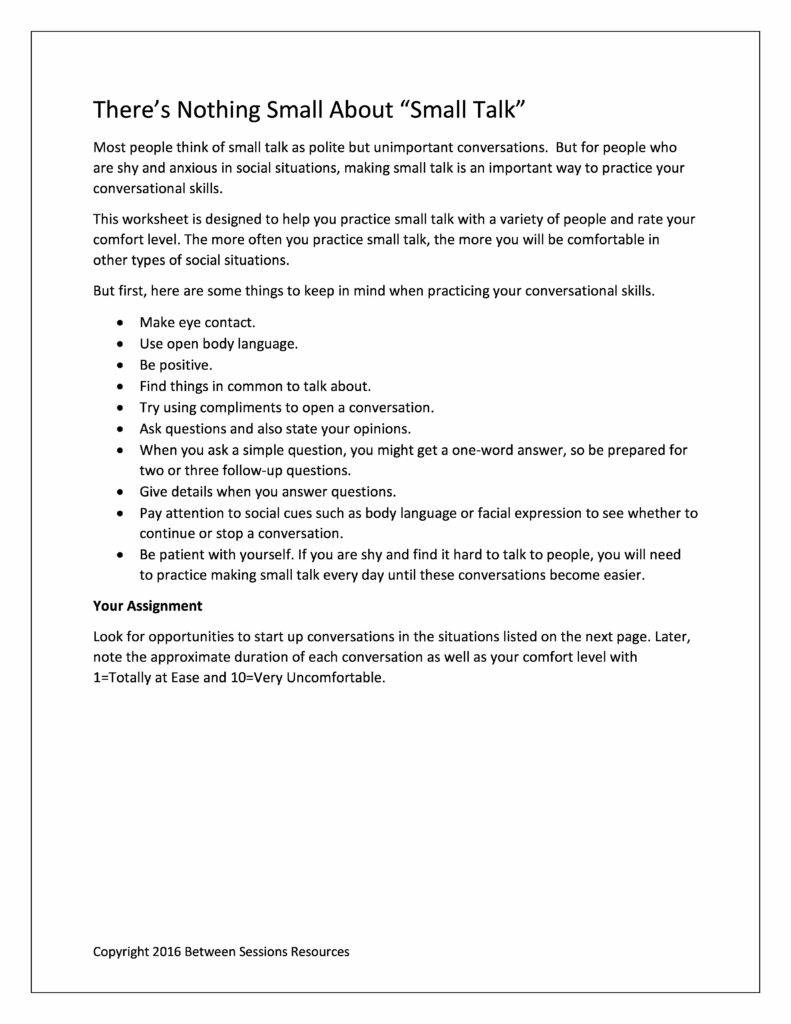Teens have a special way of communicating and learning about themselves, so we’ve made sure that all our therapeutic activities for teens are appealing and engaging to this age group.
To modify the tools, click the ‘Send to Client’ button by each tool to open the Psychology Forms Filler. You can then edit the tool as you see fit and either print it out or send it to a client to be filled out online. Click here for a tutorial on using the Psychology Forms Filler.
We’ve tried to address every teen issue we can think of, and more tools are added every week!
If you are looking for something you can’t find on this site, please let us know by clicking here and our team of writers, graphic artists, and therapists will custom-design it for you.
This worksheet is designed to help people replace a critical inner voice with a more nurturing one. It asks the user to imagine a caring person in his or her life and internalize what this person is saying along with the feelings these statements engender. (PTSD, depression, CBT, 0117)
This brochure was prepared by the National Institute for Mental Health and gives teens basic information about the signs of depression, the difference between sadness and depression, and what teens can do it they feel depressed. (prevention, teen suicide, screening, 0117)
This worksheet describes six active listening techniques that couples can use to resolve conflicts.
This questionnaire is designed to help therapists understand the nature and severity of a client’s panic attacks. It includes questions on symptoms, coping mechanism, other mental health concerns, medical conditions, and current medications. (0117, anxiety, panic disorder, assessment)
This worksheet is designed to help individuals with chronic pain spend the appropriate amount of time on an activity and the appropriate amount of time resting. It encourages people to break down tasks into time intervals rather than trying to work-through their pain. (0116)
This worksheet is designed to help individuals practice exposure therapy including identifying irrational thinking, letting go of safety crutches, and tolerating uncomfortable physical sensations. (0117, anxiety disorders, panic disorders, fears and phobias)
This worksheet is intended to help people with chronic pain learn the technique of Mindful Acceptance. The worksheet uses the metaphor of a train passing by to help people learn to mentally detach from their pain (0117, pain control)
This worksheet asks people to imagine what a person is thinking or saying by simply looking at his body language. (social skills, Asperger Syndrome, social anxiety, 1216)
This worksheet is designed to help people with social anxiety practice simple conversational skills. The worksheet gives tips on how to handle social conversations and assignments to practice spontaneous conversations. (shyness, social anxiety, Asperger Syndrome, 2016)
This worksheet is designed to help people anticipate how they will handle setbacks in overcoming their mental health problems. It asks people to think about the kinds of triggers that might cause a setback as well as the skills they have used before to handle problems. (anxiety, depression, symptoms, termination, 1216)










